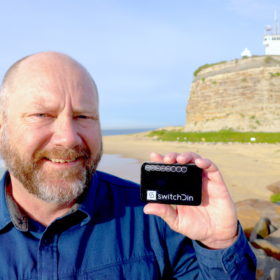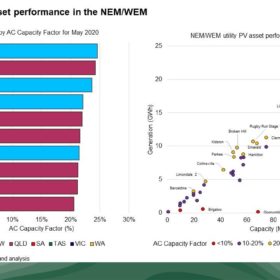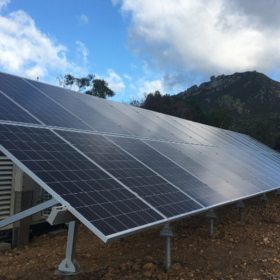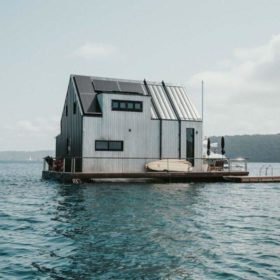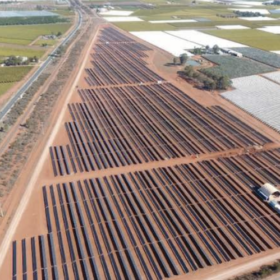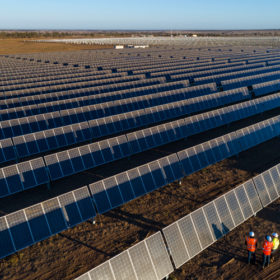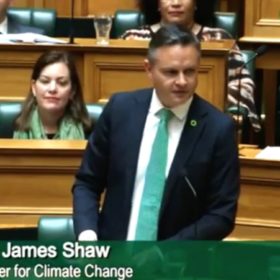A solar giant invests in Australian DER know-how
As utilities, networks and governments get their distributed-resource ducks in a row, the time is ripe for VPPs and microgrids to play a more powerful role in Australia’s energy system. The latest? SwitchDin, a DER innovator with globally acknowledged capabilities has attracted investment from Q Cells a PV manufacturer with chops and channels.
Broken Hill: From a grid outsider to a top performer
One of Australia’s first utility-scale PV projects, the 53 MW Broken Hill Solar Farm in New South Wales, has emerged as a top solar performer in the National Electricity Market in May.
17 microgrid projects win government funding
The federal government has announced funding for a series of microgrid feasibility studies that will seek to unlock more secure, affordable, and reliable energy for regional and Indigenous communities.
ARENA receives overwhelming response to green hydrogen funding round
More than $3 billion of renewable hydrogen projects are vying for funding from the Australian Renewable Energy Agency (ARENA) to build the first commercial-scale projects in the country.
HomeBuilder misses a chance to make our homes perform better for us and the planet
The federal government’s new A$688 million HomeBuilder package might protect residential construction jobs but it’s a missed opportunity to deliver sustainability benefits that would save owners money in the long run.
Sydney’s 100% solar-powered floating villa
Welcome to the rarest kind of pleasure, a sustainable one. Australian designer Chuck Anderson’s Lilypad is a 100% solar powered villa floating off Palm Beach in Sydney’s north.
Suntech’s solar farm joins the grid powered by Australia’s first digitized PPA
The 9.4MW Robinvale Solar Farm is Suntech’s first 100% owned project in the Australian pipeline to come to fruition and the first solar project in Australia to deploy WePower’s blockchain-based PPA architecture, which opens up opportunities for smaller corporate customers to go green with their procurement strategy.
Solar holds up relatively well in the face of Covid-19, CER finds
A new report from the Clean Energy Regulator (CER) shows that the renewable energy sector in Australia has exhibited resilience with 1.3 GW of new installed capacity despite the economic challenges of the Covid-19 pandemic. While rooftop PV continued to thrive in the first three months of this year, the construction of large-scale projects was generally on track with minimal delays.
Jinko claims US trade commission has dismissed Hanwha patent infringement claim
The Chinese manufacturer this morning said the International Trade Commission had agreed with the initial determination issued by an administrative law judge in April, that Jinko and peers Longi Solar and REC Group had not infringed its solar cell passivation technology.
A fern in its cap, NZ reforms Emissions Trading Scheme
With key decisions to be made about the economic recovery from the impacts of Covid-19, New Zealand is taking the high road. The New Zealand Government made significant reforms to its Emissions Trading Scheme, providing a long overdue cap and making progress on emissions reduction solutions for the agriculture industry.
